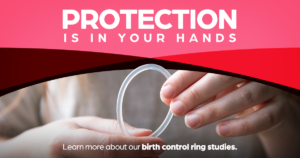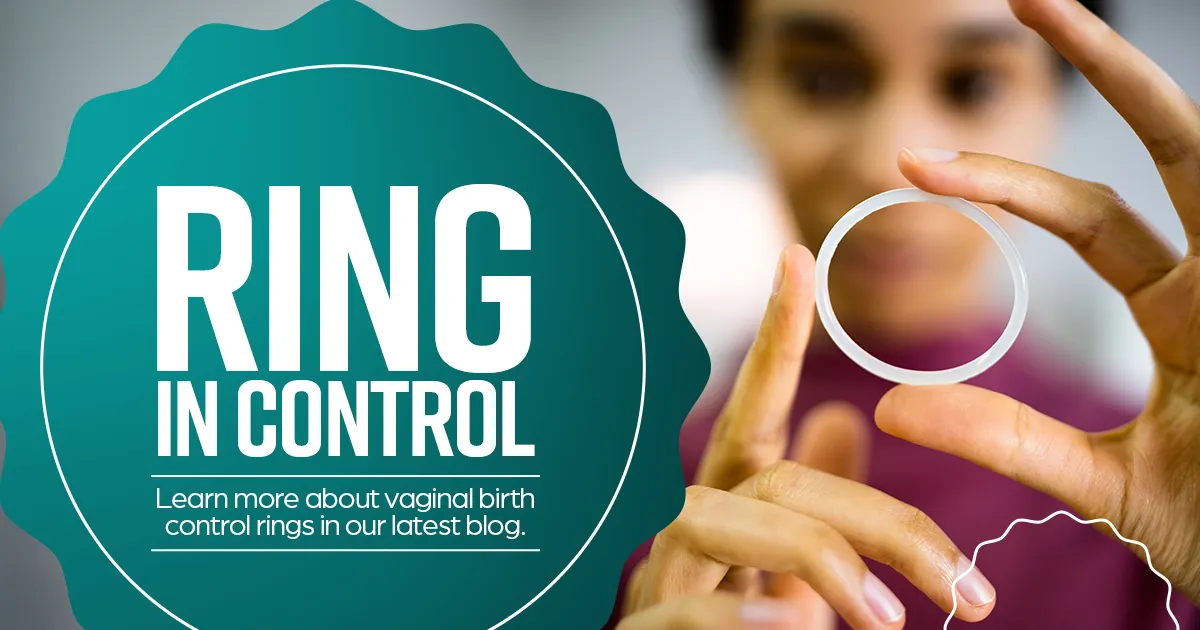In the realm of women’s health, contraception stands as a cornerstone of reproductive autonomy and freedom. For decades, women have sought reliable methods of birth control that not only offer effectiveness but also align with their lifestyles and preferences. Enter the birth control ring, a discreet and low-maintenance contraceptive option that has transformed the landscape of family planning. Read more below to discover how birth control vaginal rings work, the benefits they offer, and when to consider using them.
How Birth Control Vaginal Rings Work:
Birth control vaginal rings, also known as contraceptive rings, are flexible, plastic rings that are inserted into the vagina. They contain hormones, typically estrogen and progestin, which are slowly released into the body over time. These hormones work by preventing ovulation and thickening cervical mucus to block sperm from reaching the egg.

Benefits of Using a Birth Control Vaginal Ring:
- Convenience: Birth control vaginal rings are easy to use and require minimal maintenance. Once inserted, they provide continuous contraception for up to four weeks before needing to be replaced.
- Effectiveness: When used correctly, birth control vaginal rings are highly effective at preventing pregnancy, with a failure rate of less than 1%.
- Menstrual Regulation: Some women may experience lighter, more regular periods while using birth control vaginal rings, which can be beneficial for those with heavy or irregular menstrual cycles.
- Hormonal Control: Birth control vaginal rings allow for continuous control over hormone levels, making them suitable for women who may not tolerate other forms of hormonal contraception.
When to Use and Not Use Birth Control Vaginal Rings:
Birth control vaginal rings are suitable for most sexually active women of reproductive age who are looking for an effective method of contraception. However, they may not be suitable for everyone. Women with certain medical conditions, such as a history of blood clots, liver disease, or breast cancer, may need to avoid using birth control vaginal rings due to potential health risks. Additionally, women who smoke or are over the age of 35 may be advised against using hormonal contraceptives. It’s essential to consult with a healthcare provider to determine whether a birth control vaginal ring is the right option for you based on your individual health needs and circumstances.

Birth Control Ring Studies at SCRC:
If you’re interested in learning more about birth control or opportunities to participate in research, consider exploring our enrolling birth control ring studies. By volunteering in research studies, you can contribute to the advancement of contraceptive options and potentially gain access to innovative birth control methods. Contact us today at (206) 522 – 3330 Ext. 2 or visit our website to learn more about current study opportunities and take the first step towards informed family planning and reproductive health. Together, we can contribute to the advancement of contraceptive research!



